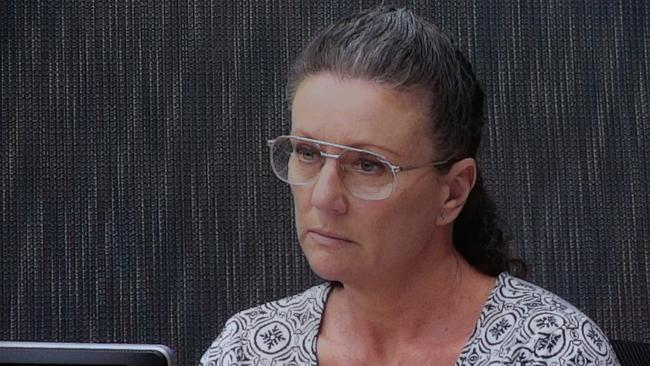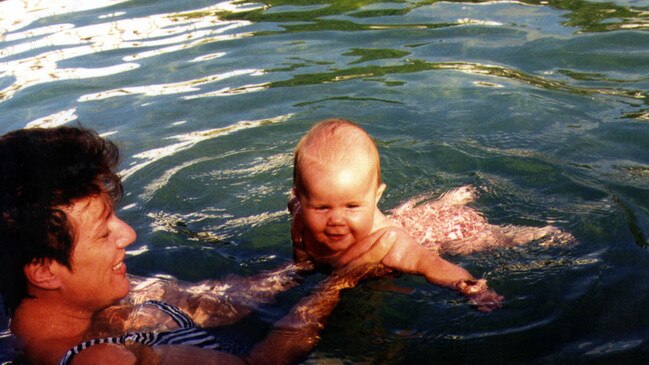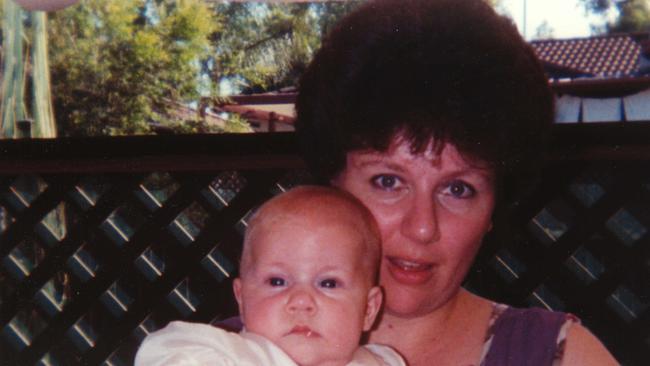Kathleen Folbigg: Baby killer’s inquiry didn’t ‘come to grips’ with experts: court told
The latest challenge to notorious child killer Kathleen Folbigg’s conviction has heard claims the esteemed judge who reviewed her case failed to “come to grips” with expert evidence, a court has been told.
Police & Courts
Don't miss out on the headlines from Police & Courts. Followed categories will be added to My News.
Notorious child killer Kathleen Folbigg will argue a former judge who reviewed her case did not “come to grips” with the latest scientific information after his inquiry concluded the evidence “reinforced” her guilt.
In 2003, Folbigg was locked up for 30 years for murdering her babies Patrick, Sarah and Laura and for the manslaughter of her newborn son Caleb in separate instances in the years after 1989.
Australia’s worst female serial killer has long maintained her innocence, saying her children died from premature but natural causes.
Her supporters campaigned for a review of her case which - last year - found there was no reason to doubt she belonged behind bars.

MORE NEWS
Mining company kept in the dark over landowners: Obeid trial
Secret past of ‘twisted’ sicko who worked as child psychologist
Sydney music festival MDMA dealer walks free after appeal
She launched legal proceedings against the inquiry’s chief, former NSW District Court Judge Reginald Oliver Blanch QC AM, alleging he made numerous errors in the inquiry and demonstrated “apprehended bias” against her.
During a brief mention on Tuesday the NSW Supreme Court heard it would be argued Mr Blanch failed to properly accept the information collected by medical experts since the completion of Folbigg’s trial.
“I apprehend that underlying (Folbigg’s) stated grounds there is a proposition the judicial officer did not, in some way, come to grips with new medical - immunological and genetic - evidence post trial,” Justice John Basten said.
Folbigg’s legal team said they’d prepare a summary that would show a “significant shift in the scientific material” had taken place and cast doubt on her conviction.
The convicted killer wants the court to either quash Mr Blanch’s report or declare it “legally flawed”.

She also wants a new inquiry or Supreme Court case to be ordered by the Governor of NSW or a declaration of “reasonable doubt” as to her guilt.
The Attorney-General, who is also roped into Folbigg’s latest legal bid, denied the accusations against Mr Blanch.
The matter was set down for four days of hearings in February 2021.
In a separate development, last month researchers found a mutation in the heart could be responsible for the deaths of the Folbigg children.
The “G114R” mutation, in the CALM2 gene, was first found in 2018 after Australian National University Professor Carola Vinuesa, used genome sequencing on Folbigg.

The Oxford journal EP Europace, in August, showed both Folbigg and her two daughters had the mutation.
The researchers concluded the CALM2 mutation was the “likely” cause for the two girls’ deaths.
Further research, still unproven, tentatively concluded the two Folbigg boys — who had medical issues — carried a different mutation which has been shown to cause fatal epilepsy in mice.
The report‘s authors were asked to work on the Folbigg inquiry but it had finished before their latest results had been published.
